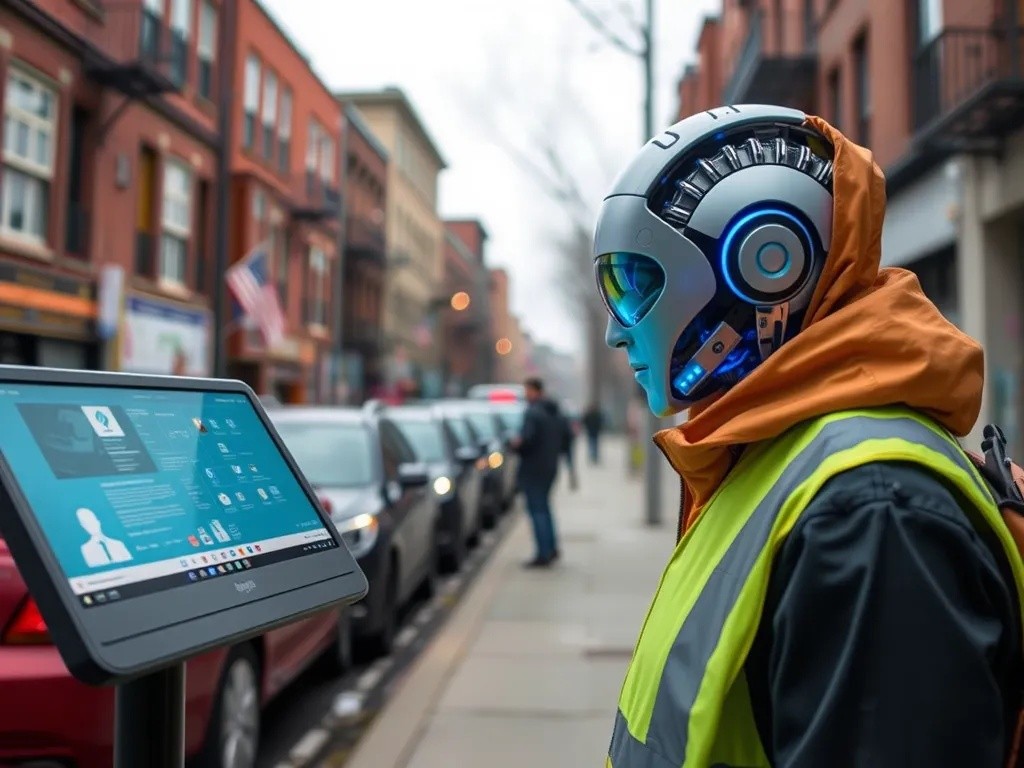In recent years, there has been a significant advancement in the field of Artificial Intelligence (AI) and Augmented Reality (AR). These technologies have become increasingly popular and have the potential to enhance virtual experiences in various fields such as gaming, education, healthcare, and...
Artificial Intelligence Helps Homeless People Find Jobs and Housing

The intersection of artificial intelligence and social services is creating unprecedented opportunities to address one of society's most pressing challenges: homelessness. As communities worldwide grapple with rising housing costs and employment barriers, AI-powered solutions are emerging as powerful tools to help homeless individuals secure jobs and find stable housing.
AI-Powered Job Matching Systems
Traditional job search methods often fail homeless individuals due to lack of access to computers, stable addresses, or professional networks. AI is changing this landscape by creating more accessible and efficient job matching systems.
Smart Resume Building
AI platforms now help homeless individuals create professional resumes by analyzing their skills, experiences, and potential career paths. These systems can identify transferable skills from informal work experiences and present them in formats that appeal to employers. Some platforms even use natural language processing to optimize resumes for specific job applications.
Personalized Job Recommendations
Machine learning algorithms analyze individual circumstances, skills, and local job markets to provide personalized employment recommendations. These systems consider factors such as:
- Transportation accessibility from shelter locations
- Employers with inclusive hiring practices
- Entry-level positions that don't require permanent addresses
- Jobs that offer immediate income potential
Housing Solutions Through AI
Finding affordable housing represents one of the greatest challenges for homeless individuals. AI is streamlining this process by connecting people with appropriate housing resources and predicting housing needs.
Predictive Analytics for Housing Allocation
AI systems analyze vast datasets to predict which individuals are most likely to succeed in specific housing programs. This approach helps case workers prioritize resources and match people with the most suitable housing options, improving long-term success rates.
Real-Time Housing Availability
Machine learning platforms aggregate housing data from multiple sources, including:
- Emergency shelters and transitional housing
- Subsidized housing programs
- Affordable rental listings
- Supportive housing services
These systems provide real-time updates on availability and automatically notify individuals when suitable options become available.

Case Management and Support Services
AI-Enhanced Case Worker Tools
Artificial intelligence is augmenting the work of social workers and case managers by providing data-driven insights into client needs. AI systems can analyze patterns in service utilization, identify individuals at risk of returning to homelessness, and suggest targeted interventions.
Chatbots and Virtual Assistants
AI-powered chatbots provide 24/7 support to homeless individuals, offering information about available services, application processes, and emergency resources. These virtual assistants can operate through smartphones or public computers, making support accessible even when human case workers are unavailable.
Success Stories and Implementation
Cities across the United States and Europe are implementing AI-driven solutions with measurable results. Los Angeles County's coordinated entry system uses AI to prioritize housing placements, resulting in more efficient resource allocation. Similarly, organizations in the UK have deployed AI tools that help homeless individuals access employment services and track their progress toward stable housing.
Challenges and Considerations
While AI offers tremendous potential, implementation must address several challenges:
- Digital literacy gaps among homeless populations
- Privacy concerns regarding personal data collection
- Ensuring AI systems don't perpetuate existing biases
- Maintaining human connection in service delivery
The Future of AI in Homeless Services
As AI technology continues to evolve, its applications in homeless services will expand. Future developments may include predictive models that identify individuals at risk of becoming homeless, AI-driven financial planning tools, and integrated platforms that coordinate services across multiple agencies.
The integration of artificial intelligence into homeless services represents a paradigm shift toward more efficient, personalized, and effective support systems. By leveraging technology to address systemic barriers to employment and housing, communities can create more pathways out of homelessness while maximizing the impact of limited resources.
Success in this field requires collaboration between technology developers, social service providers, and the individuals experiencing homelessness themselves. When implemented thoughtfully, AI has the potential to transform how society addresses homelessness, creating more opportunities for individuals to achieve stable housing and meaningful employment.



